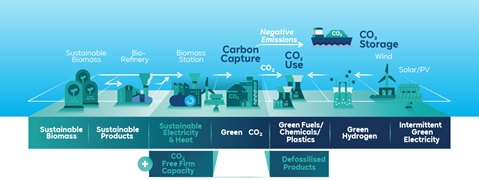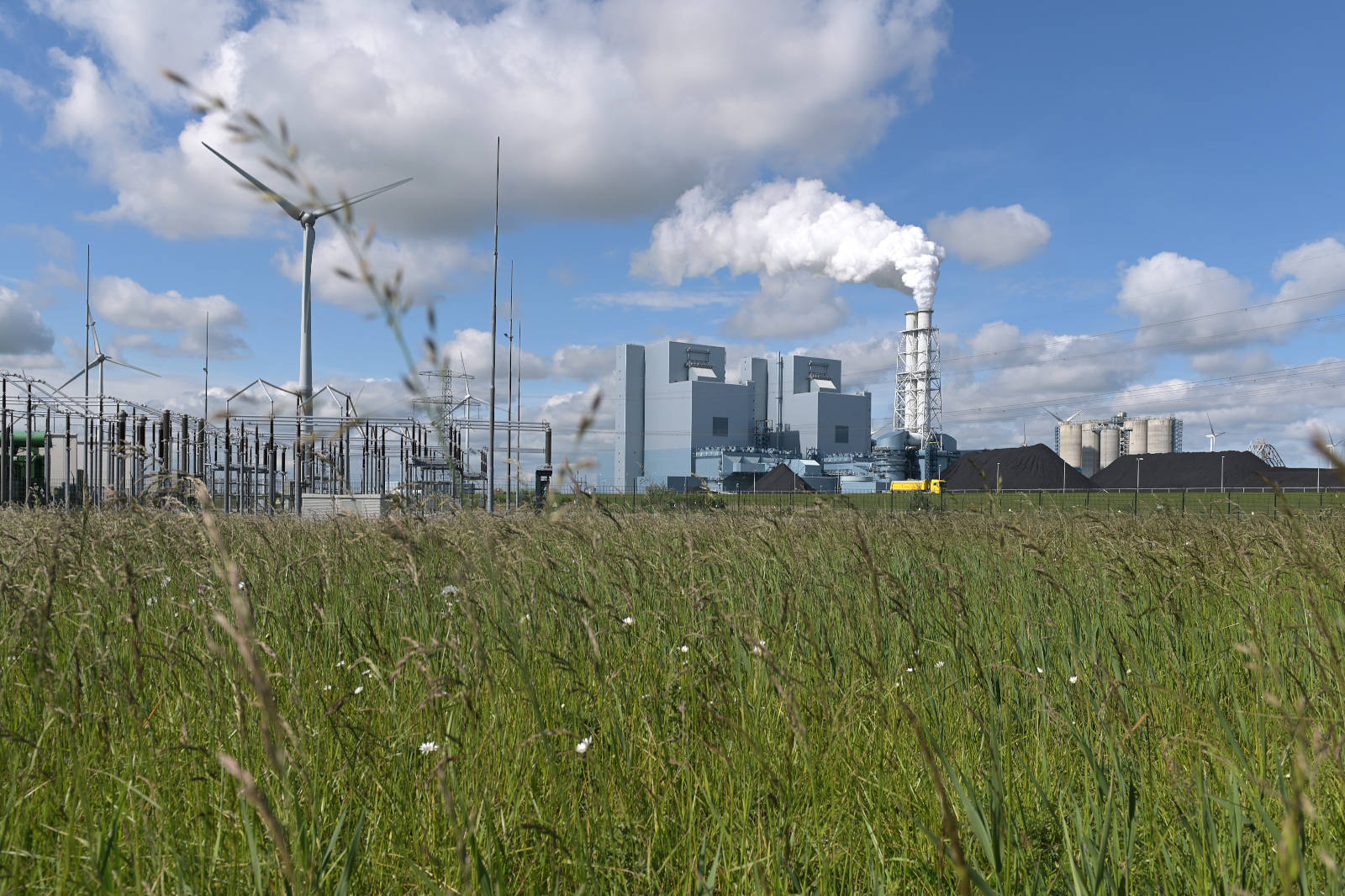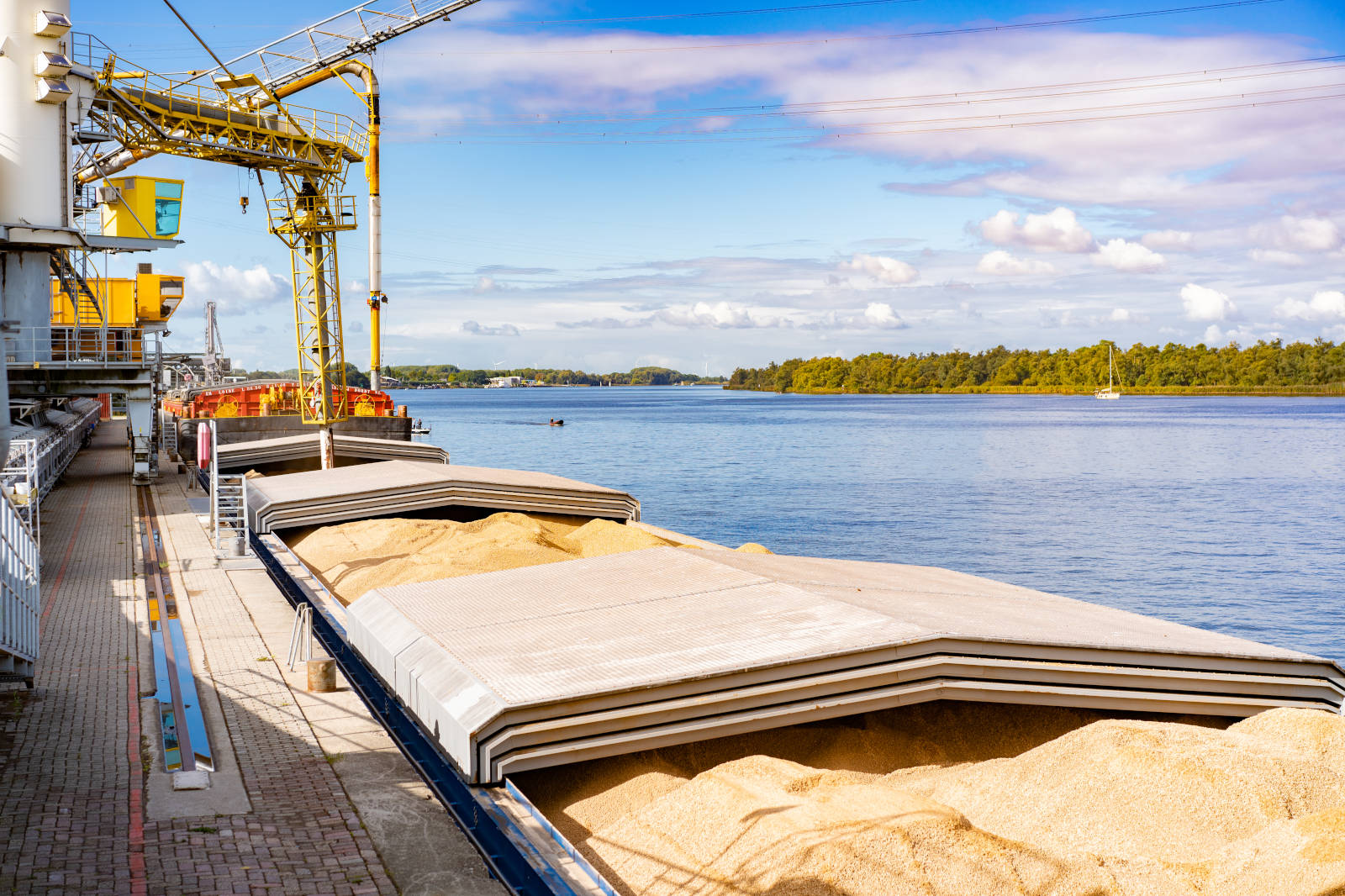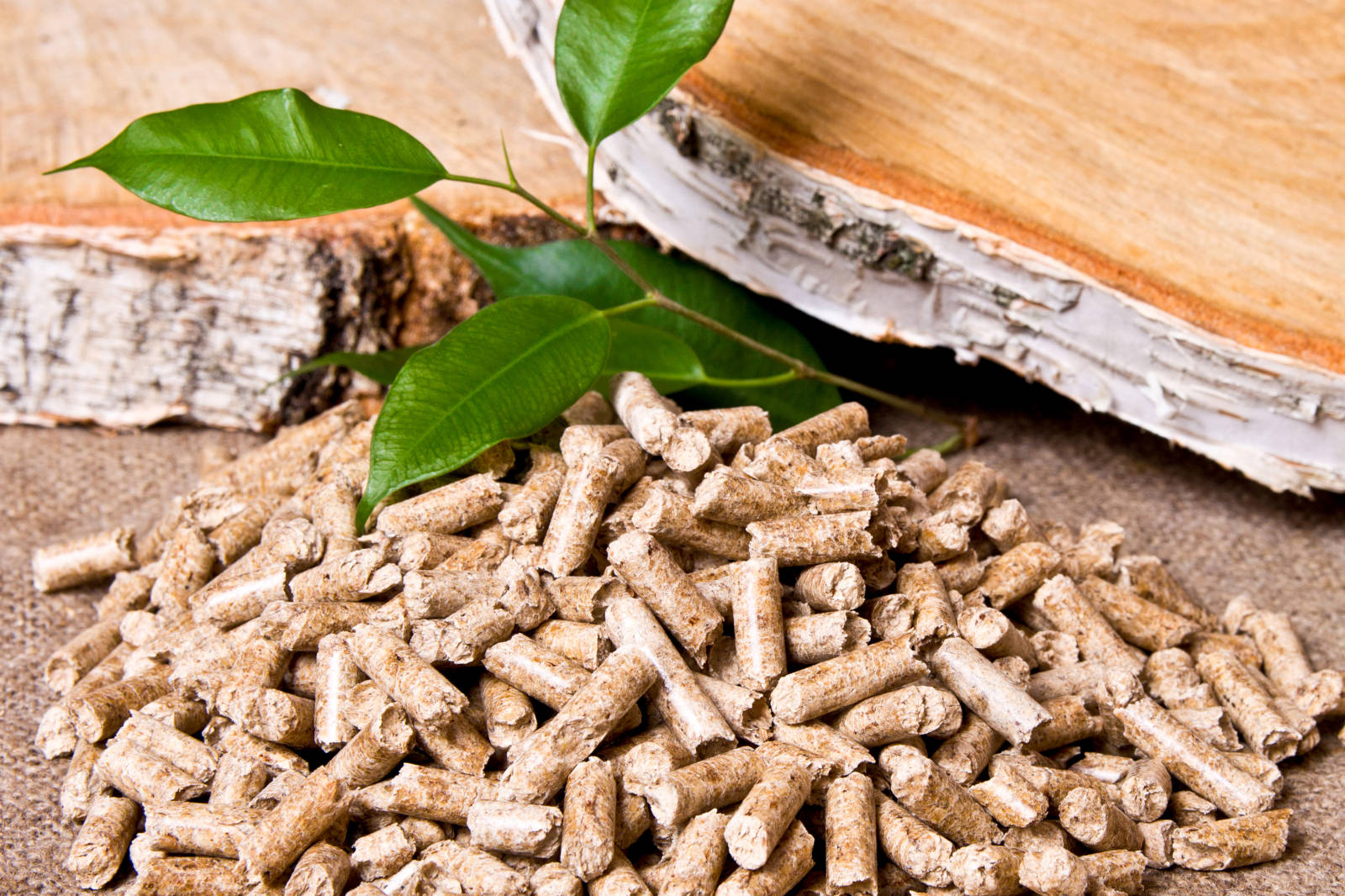The biomass that RWE uses at the Amer and Eemshaven power plants is sustainable, which is an important prerequisite for RWE, today and in the future. It is also the reason why a few years ago, RWE concluded the Biomass Sustainability Covenant, along with other companies, nature and environmental organisations. This covenant contains a set of criteria for the use of biomass which underlines the Netherlands’ position as the front runner when it comes to the sustainability of biomass. Every year, CE Delft has the task of establishing that biomass used in the Netherlands also meets these criteria – and every year, that has been confirmed. In addition, an independent accredited auditor carries out an annual check on sustainability in connection with the SDE++ subsidy. That auditor then issues a so-called conformity year statement, which the Ministry of Economic Affairs and Climate Policy and the Netherlands Enterprise Agency require in order to be able to grant any SDE subsidy. This statement is also issued annually.
According to the covenant, sustainability means using wood originating from forests that are sustainably managed among other things. The wood from those forests is used in construction, the production of furniture and other applications. Harvesting and processing the wood generates millions of tons of residual products ranging from branches, thinnings and rotten and crooked trees to sawdust from sawmills. These residues are turned into pellets that are easy to transport.
Timber producers ensure that as little usable wood as possible enters the biomass chain for producing energy. The price of usable wood is more than four times higher than the price of biomass. In the Netherlands, the task of checking that residues used to create biomass actually originated from properly managed forests and sawmills is carried out based on the Biomass Sustainability Covenant. Every year, CE Delft publishes a report which states whether producers have complied with the requirements. Every year, RWE has obtained approval. Also, as of 2025 the EU Deforestation Regulation will come into force, providing an additional guarantee.





